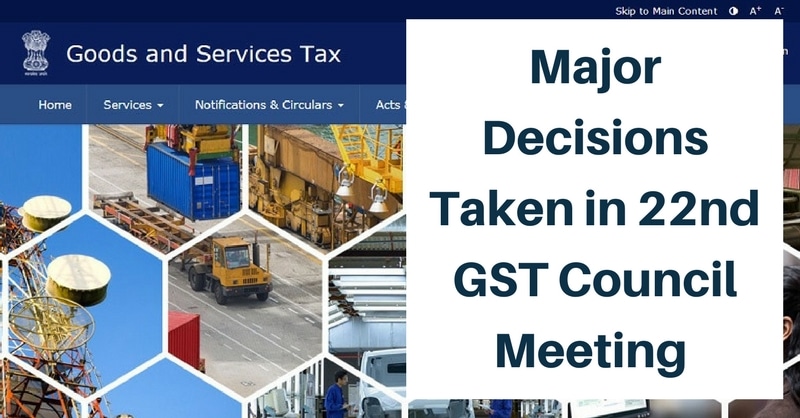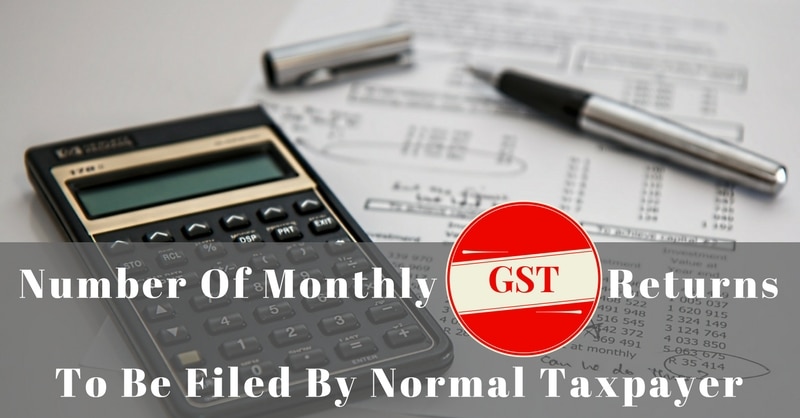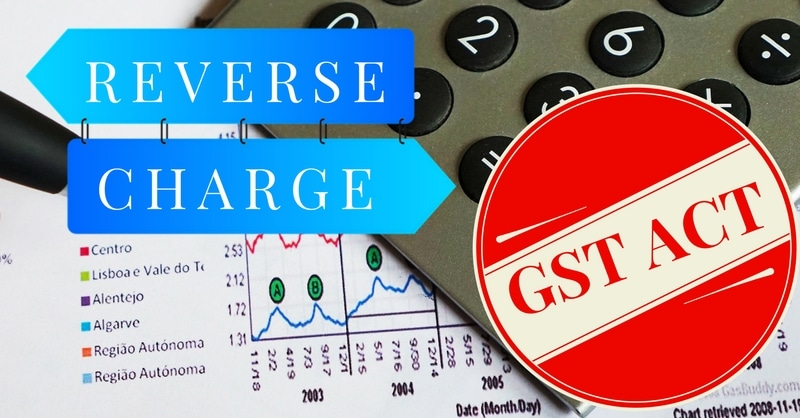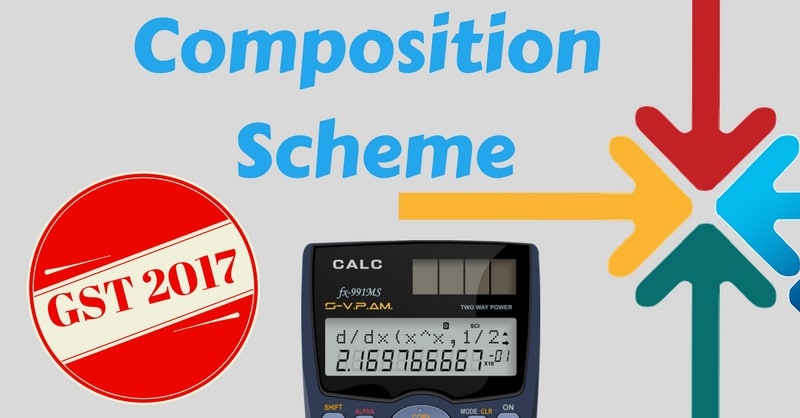
The 22nd GST Council Meeting was held on 6th October 2017 at New Delhi. Many important decisions that GST Council took in this meeting.
Recently, taxpayers were facing many problems due to system failure of GST portal as well as return filing compliance.
Key points discussed in this meeting are listed below:
- GST Registration
- GST Return Filing
- Reverse Charge Mechanism
- GST on Receipt of Advance
- Transportation of goods by GTA
- GST Composition Scheme
- Implementation of TDS and TCS
- Implementation of GST E-way Bill
Let us discuss each of the above points in detail.
Major Decision Taken in 22nd GST Council Meeting
1. GST Return Filing
Before the meeting, registered businesses had to file 4 GST returns monthly. GSTR 3B, GSTR 1, GSTR 2 and GSTR-3.
It was really tough for SMEs to abide by the compliance. Additionally, the GST portal glitches were an additional headache.

Therefore, to reduce the burden on SMEs and ease the process, the GST Council took a decision to reduce the number of GST returns for SMEs whose aggregate turnover is below Rs. 1.5 crores.
Thus, SMEs are now allowed to file quarterly GST returns and payments from October to December 2017, irrespective of registration under the regular or composition scheme.
All taxpayers whether small or big will have to file all 4 returns for July, August, and September.
Note: This release has been only for those having aggregate turnover below Rs. 1.5 crores. All other taxpayers exceeding the Rs 1.5 crores benchmark has to file all 4 returns(GSTR 1, GSTR 2, GSTR 3 and GSTR 3B).
2. GST Registration
Earlier, GST registration was mandatory for businesses doing inter-state transactions irrespective of their turnover.
A decision was taken to exempt only the service providers from this criteria.
Now, the service providers are allowed to indulge in inter-state transaction up to 20 lakhs without GST Registration.
3. Suspension of Reverse Charge Mechanism
Previously, Reverse Charge Mechanism was a hindering the businesses of SMEs. Businesses avoided buying goods from the unregistered suppliers. SMEs had to get GST registration irrespective of the aggregate turnover limit.

In resolution to this, GST Council decided to suspend the reverse charge mechanism. Thus, making it easier for the SMEs to survive and do business.
4. Payment of GST on Advances Receipt not Required for SMEs
Previously, whenever a business received an advance, he had to issue receipt voucher, report the same in GST returns and pay GST on the advance amount. As per GST rules, whenever a taxable person receives
In case of no supply, the taxpayer had to claim a refund of already paid GST which caused difficulty SMEs.
According to the decision in 22ndGST Council meeting, the SMEs whose annual aggregate turnover is less than Rs. 1.5 crores will not have to pay GST on advance receipt.
It will be payable only when the supply of goods is made.
5. Transportation of Goods by GTA
SMEs faced many problems for transporting their goods. GTA did not provide services to those whose aggregate turnover was below the limit of GST registration.
Now, the transport companies or GTAs will require GSTIN for providing transportation services as decided by GST Council. This will help SME’s doing business with ease.
6. GST Composition Scheme
As we all know that the Composition Scheme has less compliance of returns. In an initiative to help SMEs, GST council has increased the aggregate limit from Rs. 75 lacs to Rs. 1 crore.
For States falling in the special category, this limit was increased to 75 lacs from Rs. 50 lacs except for Jammu and Kashmir and Uttarakhand. The limit for these both states is increased to Rs. 1 crore.
GST Council has decided to form a Group of Ministers (GoM) to examine measures to make the composition scheme more attractive for SMEs.

Eventually, with the increase in threshold limit for composition scheme more and more businesses will be eligible for the Composition Scheme.
In addition to that, the due date has been increased for enrolling for Composition scheme to 31.03.2018.
Furthermore, the due date for GSTR-4 for COmposition scheme holders has been extended to 15.11.2017.
7. Implementation of TDS and TCS Provisions Postponed
Registration and operation of TDS and TCS provisions which is applicable to certain Government Departments and E-Commerce Operators. has been postponed to 31.03.2018.
8. E-Way Bill Implementation Postponed
E-way bill was going to be implemented and was mandatory for transportation of goods whose value is above Rs. 50,000.
It was decided in 22nd GST council meeting to postpone the implementation of e-way bill provisions and rules to 1st January 2018.
Thus, the E-way bill will be implemented from 01.01.2018.
Source: Press Release of 22nd GST Council Meeting
You can download GST templates like GST TRAN-1, GST Input Output Tax Report, and GST Export Invoice from here.
We thank our readers for liking, sharing and following us on different social media platforms.
If you have any queries please share in the comment section below. I will be more than happy to assist you.
Leave a Reply